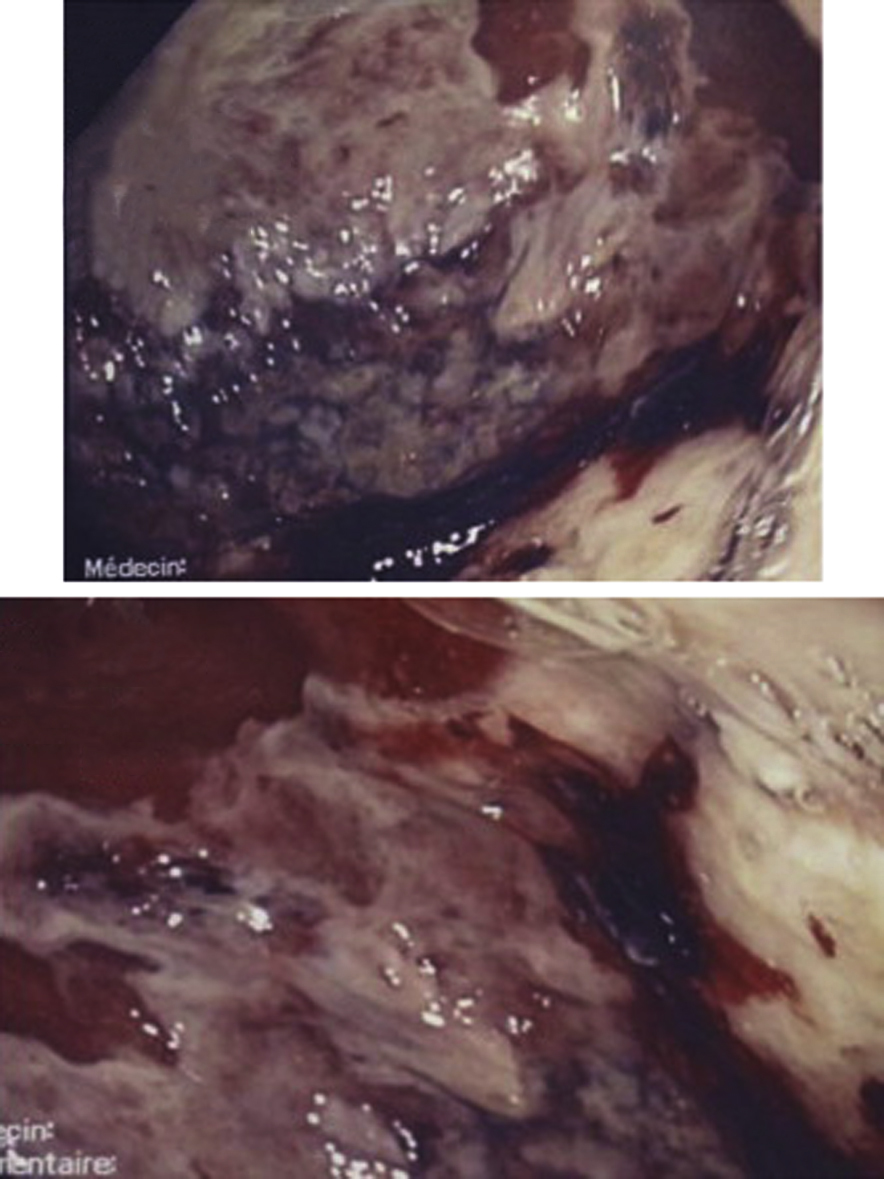gastritis /gastrī″tis/ , an inflammation of the lining of the stomach that occurs in two forms. Acute gastritis may be caused by severe burns; major surgery; aspirin or other antiinflammatory agents (nonsteroidal antiinflammatory drugs); corticosteroids; drugs; food allergens; or viral, bacterial, or chemical toxins. Symptoms include anorexia, nausea, vomiting, and discomfort after eating. They usually abate after the causative agent has been removed. Chronic gastritis is usually a sign of underlying disease, such as peptic ulcer, stomach cancer, Zollinger-Ellison syndrome, or pernicious anemia. Differential diagnosis is by endoscopy with biopsy. Compare peptic ulcer. Kinds include atrophic gastritis, hemorrhagic gastritis, hypertrophic gastritis. See also acute erosive gastritis, alkaline reflux gastritis.

